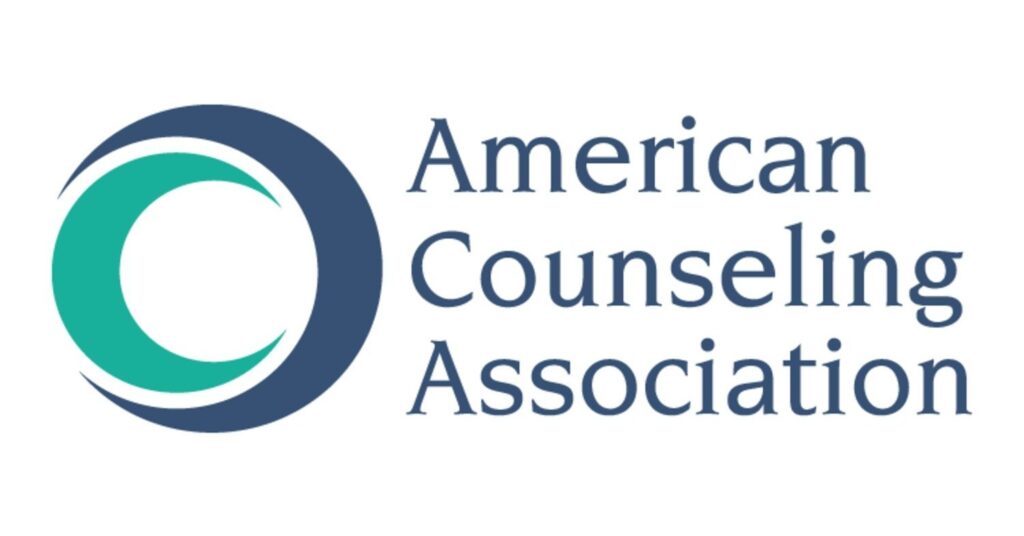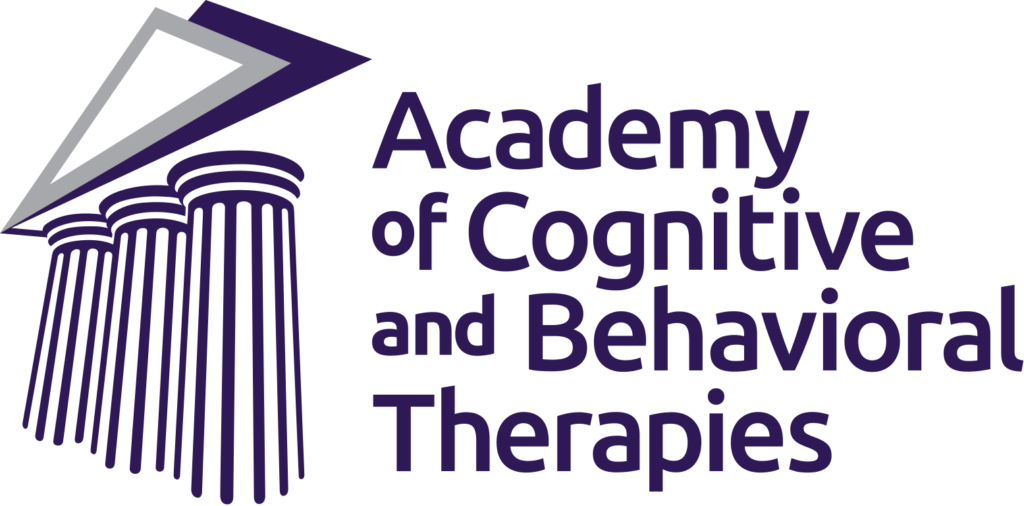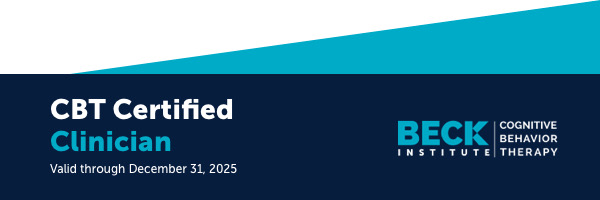
Everyone Is Welcome
Our promise is to be fully present and accepting of you,
regardless of where you have been or where you are going.
Quick Links
Recent News
4 CEU Opportunity at Crystal Bridges
March 30, 2017
You are Not Alone By Ryan Freeman-Burchfield
May 30, 2016



